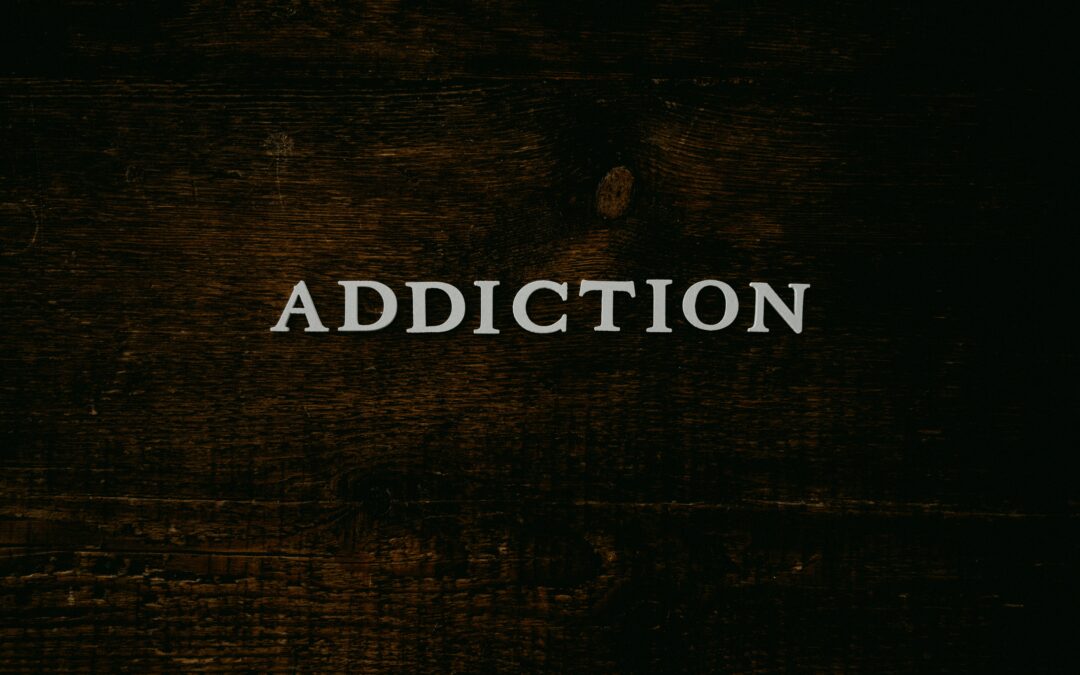How can one decide between a treatment plan that is strict on abstinent behaviours and one that offers stages of reducing addictive behaviours (“harm-reduction”). Some may prefer the latter because, to them, complete abstinence seems unrealistic, overwhelming, and destined for failure. Families may encourage abstinence programs because of the impact that addictive behaviour has made on family members’ lives. Nonetheless, the difficulty in choosing the right treatment program is not made any easier from simple internet research.
Studies have shown that regardless of the method employed to become sober/clean, the number one factor for sobriety success is a permanent commitment to discontinue use permanently; a commitment to abstinence. It actually is much easier to just give it up entirely than punish yourself trying to moderate or control your addictive behaviour (SMART Recovery). That said, the more times you work on quitting an addiction, the better your chances of reaching the goal of quitting permanently.
Data from several countries shows that treatment policies that insist on abstinence lead to a greater number of deaths than those that allow some kind of substitution therapy, with safer opioids such as methadone or buprenorphine (Subutrex) for heroin use. Although less well studied, the same is likely to be true for alcohol, where substitution therapies such as oxybate and baclofen exist but are less widely used (The Guardian).
Many recovery program staff and professionals espouse that abstinence is the only viable approach, and they reject any program that does not demand abstinence. This is such an obvious truth for these disciples that further thought is pointless. (Canadian Harm Reduction Network)
Despite their popularity, abstinence programs have come increasingly under pressure from research. Scholarly studies based on motivation theory, pharmacotherapy, and cognitive-behavioural therapy have shown that abstinence is not the sole route to recovery from addiction. Although proponents of the abstinence approach have argued that drug use is the defining feature between recovery and addiction, most experts believe that recovery is more accurately represented as a process in which clients move through a series of distinct stages, including relapse (Prochaska, Norcross, & DiClemente, 1995).
The different forms of information out there are not providing much ease in choosing the right treatment program. The choice should not be made according to majority votes or majority statistics. The choice should be made based on the addicted individual’s (1) willingness to recover, (2) individual goals, and (3) understanding of the impact the addictive behaviour has on his/her life and the life of others. When these are established, treatment programs can effectively address the person’s specific needs as well as those in their family.
Contact us today for more information and to start an individual assessment and to explore your addiction treatment program options.

Recent Comments